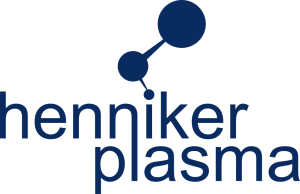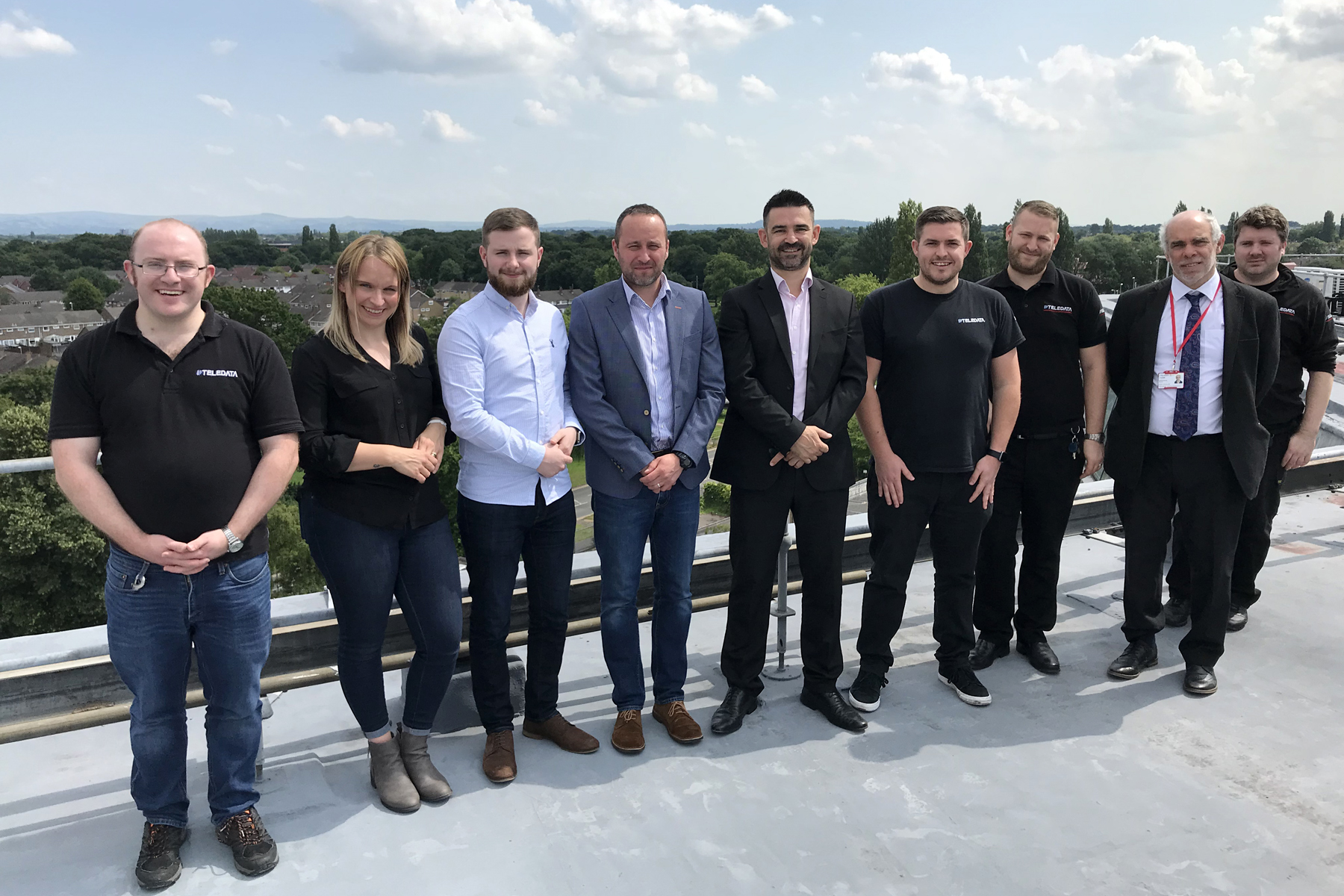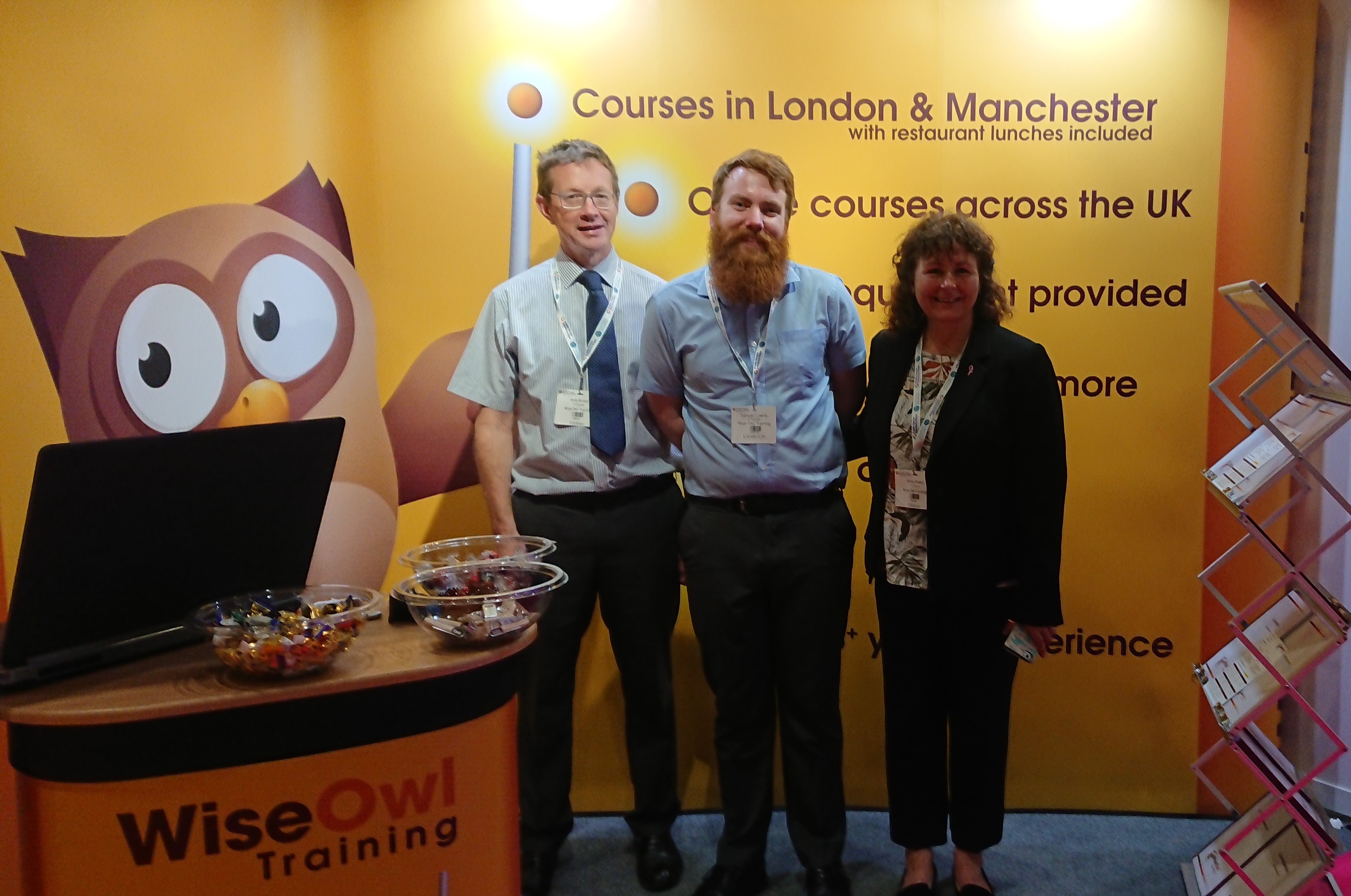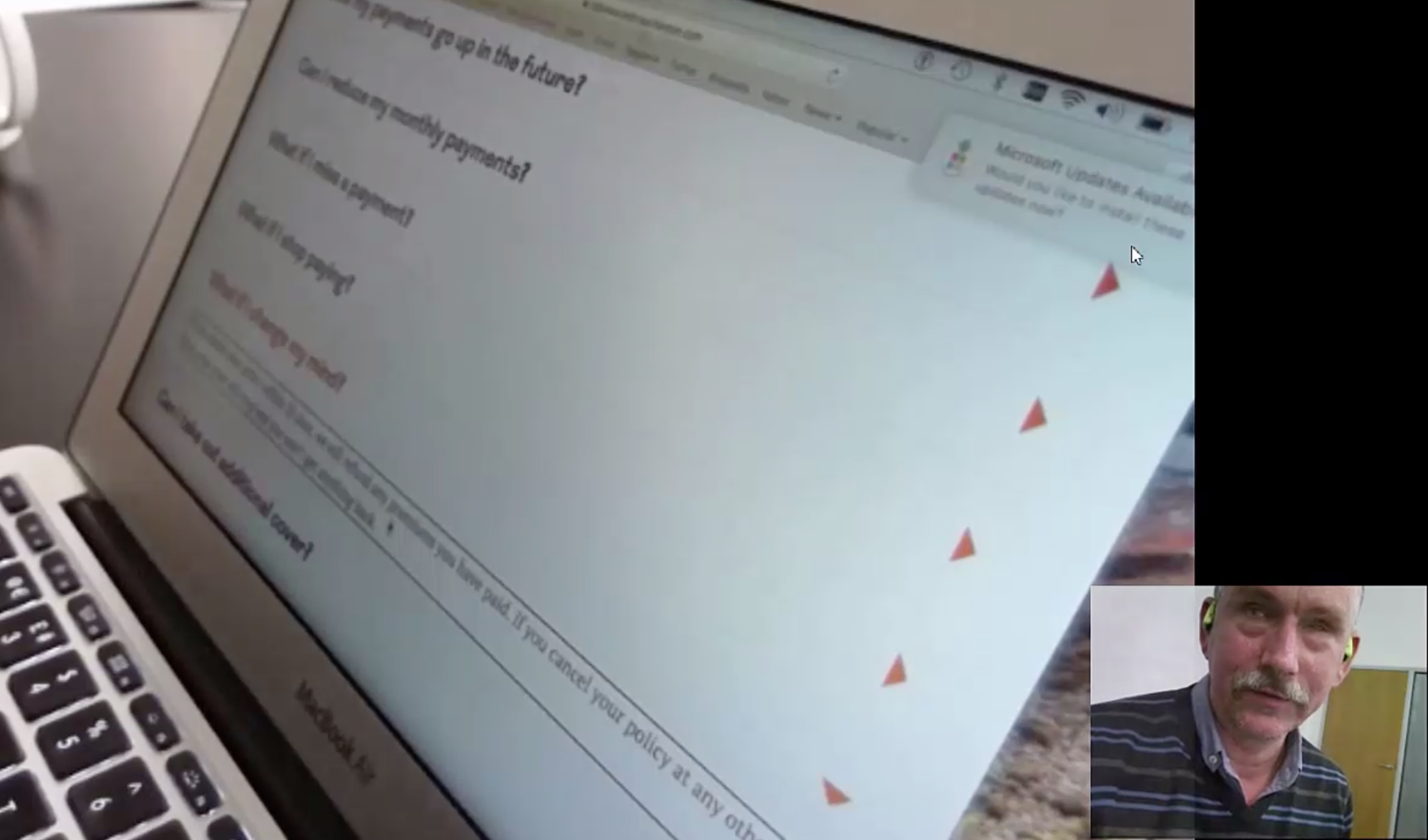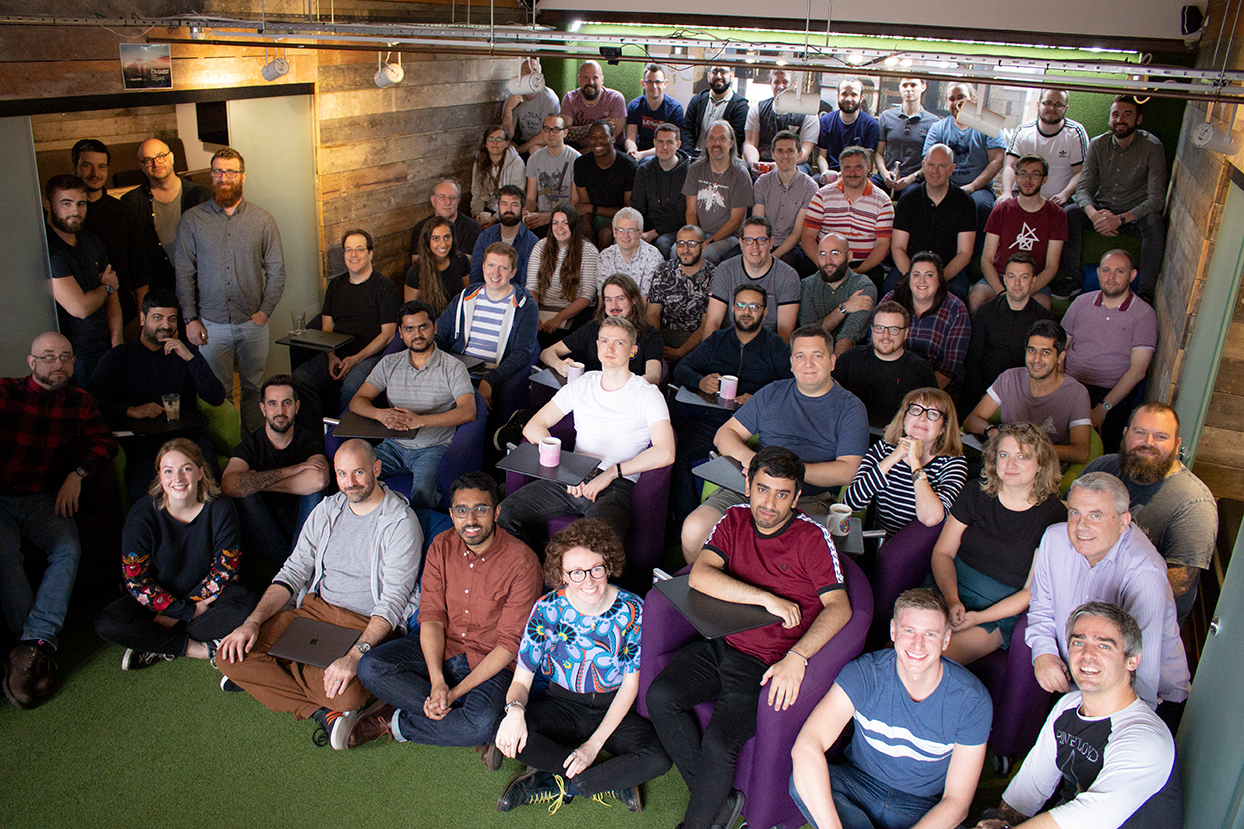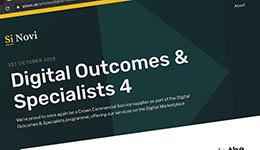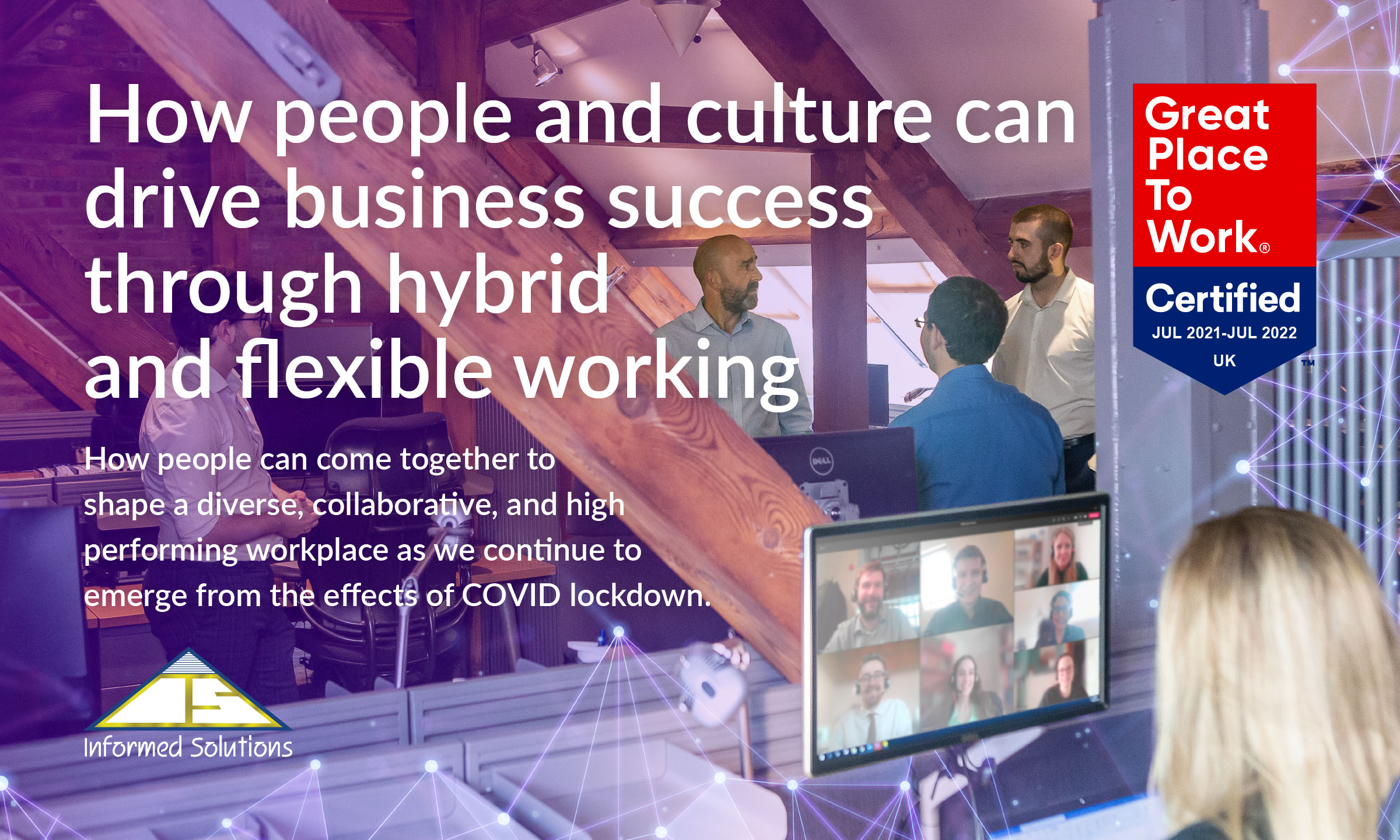
As Covid-19 restrictions continue to ease, company Directors are wrestling with how to harness the learnings of the past 18 months and use these to shape sustainable hybrid and flexible working practices that support what’s most important to their business and people. For 30 years, the leadership team at Informed Solutions has worked incredibly hard to build and continually improve a workplace culture that is diverse, inclusive, and genuinely egalitarian. A common pitfall for many businesses is that Directors facing significant economic and market pressures can too quickly focus on the ‘needs’ of the business, failing to authentically engage with and consult their staff. This can result in companies rolling out overly prescriptive and inflexible working patterns. Staff do not feel heard and do not believe that their needs have been considered, leading to disenfranchisement and a breakdown of trust in a business’s most senior leaders.
We have always sought to leverage the power of the collective intelligence, formidable teamworking and problem-solving skills of people. Therefore, our approach to solving the challenge of ‘What does a sustainable solution to hybrid and flexible working look like?’ is currently the focus of a company-wide people initiative. We invited all staff to contribute to co-designing a ‘smart’ hybrid working solution based on common principles, which adapt to the requirements of different professional roles, as well as the various career paths and personal lifestyle preferences.
Never too proud to learn from the experiences and insights of other leaders, we’ve paid close attention to different industry views and research findings. Whilst benefitting from the experiences of other companies, we appreciate that we are unlikely to design a hybrid working solution that will be all things to all people, and we are therefore clear that the needs of our clients and staff need to be front and centre.
So, what are the key principles that will drive the design of Informed’s hybrid working solution, and why are these principles important to us?
Listening to our people and clients and being ready to adapt.
It’s unrealistic to think we’ve got a clear path out of the pandemic – it will be an evolving, uncertain and ambiguous path that leads to our new future. We acknowledge that as leaders we need to continue listening and our hybrid working model will need to continue adapting. New challenges will emerge, globally and nationally, so we must rely on people to work together to learn, adapt and respond, because otherwise our business cannot do the same. Informed Solutions has operated remote working as part of core business operations for decades – our people routinely working across various offices, from home, and alongside clients across the world. We invested in building a workplace culture, business processes and secure, global digital infrastructure that serves our clients, alliance partners and staff so they can work together from anywhere, at any time.
These earlier investments enabled us to pivot fully to home-based working within one working day, when the UK went into national lockdown in March 2020. It has also enabled us to turn the flexible and remote working dials up and down, navigating through the various levels of lockdown restrictions we’ve experienced over the last 18 months. During this time, teams have collaborated on piloting different hybrid working patterns; using flexible, individual work plans owned by each of our people and approved at team level. This approach has enabled us to meet clients’ needs, whilst supporting our staff through this pressured and uncertain period.Adaptability – one size does not fit all.
In a company that intentionally builds diverse and multi-disciplinary teams, what unites us are shared values and common aims. The right balance of remote and co-located working depends on the professional roles that people take on, as well as their personal situation. In some cases, the requirements of the role are relatively obvious; for example, a User Researcher needs to be able to engage with users in whatever way is most effective.
There are also roles that involve significant team-based innovation, managing uncertainty and risk, and working in rapidly evolving environments where team-time spent together has clear advantages when it’s done in-person; for example, through incidental information exchange in complex technical environments, and through the increased trust, productivity, and creativity sparked by relaxed in-person discussions (see this recent Guardian article illustrating many of these points).
We also know from experience that people in the early stages of their career and new starters benefit significantly from being co-located with colleagues: building confidence and rapport in a workplace setting; directly receiving skills transfer, personalised coaching and professional development opportunities; picking up professional practices and communication skills through organically observing senior colleagues (see this recent Microsoft article illustrating many of these points).
By finding a sustainable hybrid working solution, we want to ensure that all our people have access to learning, team working, relationship and network building, and career development opportunities. We don’t want to tell our people that they must work a prescriptive number of days remotely or in the office. Rather, we believe that it’s about having respectful, intelligent conversations that explore hybrid working options alongside the pros and cons, benefits and concessions of each. This approach empowers individuals to make the best decision, balancing what they want to achieve through their career aspirations, life stage, and personal choices.
Consideration and respect for every colleague’s needs, pressures and wellbeing.
It is generally agreed that the number of meetings required to sustain team working, safeguard the wellbeing of people, maintain productivity, and meet deadlines during lockdown have soared. Microsoft have highlighted that since the start of lockdown, the time spent in Microsoft Teams meetings has more than doubled, and the average meeting time has also increased by some 30 percent (see here for further details). Maintaining day-to-day team cohesion, wellbeing, and productivity in the face of needing a greater number of reactive, less structured, and often less planned digital interactions is exhausting, as it places an additional burden on already pressured people. This is especially true for leaders and managers that rely on floor walking and in-person observations to see how their people are working together and check that everyone is supported. Good leaders also leverage ‘light touch’ in-person catch-ups and relaxed coaching sessions to get to know everyone and offer personalised support or guidance, perhaps over a private coffee or after-work drink. It’s important that we continue to have workplace relationships that offer personalised support, relaxed coaching sessions, on-the-job skills development, and the opportunity to explore career progression options in ways that don’t place unfair or disproportionate pressure on anyone.
Safeguarding diversity, fairness, and inclusion.
There’s a growing weight of evidence, illustrated by this recent Harvard Business Review article, that frequent and organic interactions between colleagues in the office environment offers people increased opportunities to take-on new skills, build stronger relationships and professional networks that better support them, and help them identify new roles and career development options.
We are justifiably concerned that without oversight and deliberate intervention, workplaces could lose important diversity and inclusion elements, quickly reverting to the type of professional environments heavily influenced by smaller, less representative, but largely co-located groups of colleagues.
We have worked very purposefully for nearly 30 years to build a fair, inclusive and egalitarian workplace environment. For this reason, we remain committed to ensuring that our people are supported and coached as we move towards more flexible, hybrid working. It’s important that people do not become isolated or closed off from the types of opportunities that colleagues spending time in the office will more organically have access to.
Despite the extensive work that we have undertaken, we certainly do not have all the answers. We’ll continue to work together to create a sustainable, adaptive solution to flexible and hybrid working. Having reflected long and hard on what matters most to our people and business, we believe that we have identified the key ingredients to our future success.
Our way forward will take a people and values-based approach, gathering insights offered by other leaders, and learnings from our own experiences of working through the challenges presented by the Covid-19 pandemic. Problem solving, collaborating, and innovating is in our DNA, and we’re now collectively applying ourselves to the challenge of building sustainable, flexible, fair, inclusive, and better ways of working together.
